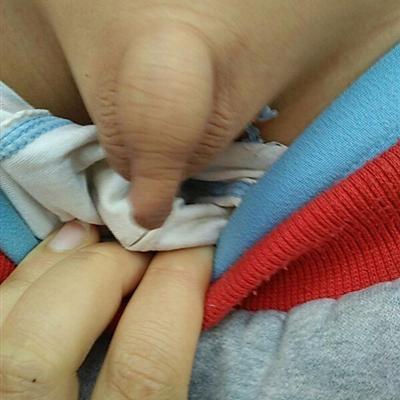Neonatal vocal cord paralysis symptoms?
summary
Vocal cord paralysis, or laryngeal paralysis, is a clinical manifestation rather than an independent disease. When the laryngeal motor nerve (recurrent laryngeal nerve) is damaged, there are three types of paralysis: vocal cord abduction, adduction or muscle relaxation. Clinically, because the left recurrent laryngeal nerve has a long course, the left vocal cord paralysis is more common.
Neonatal vocal cord paralysis symptoms?
Bilateral complete paralysis: bilateral vocal cords are in the middle position, neither can be closed, nor can be abducted, hoarse and weak pronunciation, general breathing is normal, but food and saliva are easily inhaled into the lower respiratory tract, causing choking cough. Adductive paralysis of bilateral vocal cords: it is more common in functional aphasia. When pronouncing, the vocal cords cannot adduct, but there is a cough.
Bilateral incomplete paralysis: rare, mostly due to thyroid surgery or laryngeal trauma. The vocal cords on both sides can not be abducted but close to the midline. The glottis is a small fissure. The patient may have no symptoms when he is calm, but he often feels dyspnea during physical activity. Once there is upper respiratory tract infection, severe dyspnea can occur.
Unilateral incomplete paralysis: mainly vocal cord abduction disorders, symptoms are not significant. Under indirect laryngoscope, one side of the vocal cord was close to the midline, which could not be abducted when inhaled, but could be closed when pronouncing. Unilateral complete paralysis: vocal cord abduction and adduction function disappeared. The examination showed that the vocal cord was fixed in the paramedian position, arytenoid cartilage was tilted forward, the affected vocal cord was lower than the healthy side, the vocal cord could not be closed when pronouncing, and the voice was hoarse and weak.
matters needing attention
Vocal cord paralysis is caused by the disturbance of vocal cord motor innervation, which is called vocal cord paralysis. The etiology can include central or peripheral neuropathy. Vocal cord paralysis can be the result of the lesion of nucleus ambiguus and its superior pathway, trunk of vagus nerve or recurrent laryngeal nerve. Recurrent laryngeal nerve paralysis can be caused by cervical and thoracic lesions, trauma, thyroidectomy, neurotoxin (lead), neurotoxic infection (diphtheria), cervical spine injury or surgery, or viral diseases. If vocal cord paralysis is not treated in time, mistreatment or poor treatment effect, it is easy to delay to chronic laryngitis, pharyngitis, vocal cord nodules, polyps, etc., and the disease is easy to recur, which increases the difficulty of treatment.













